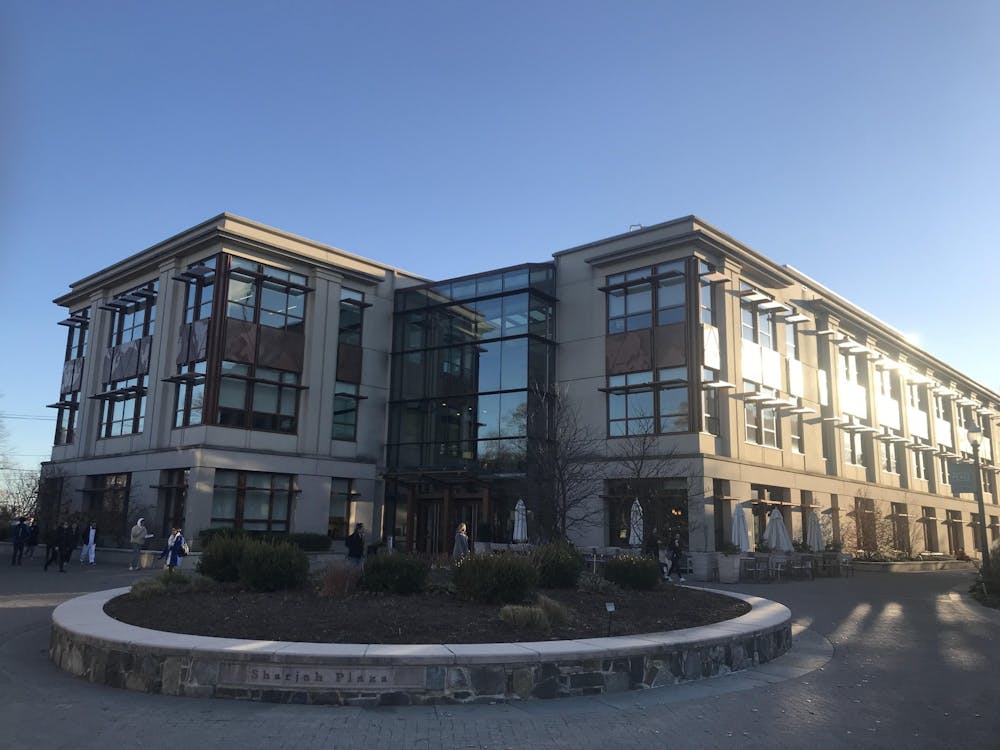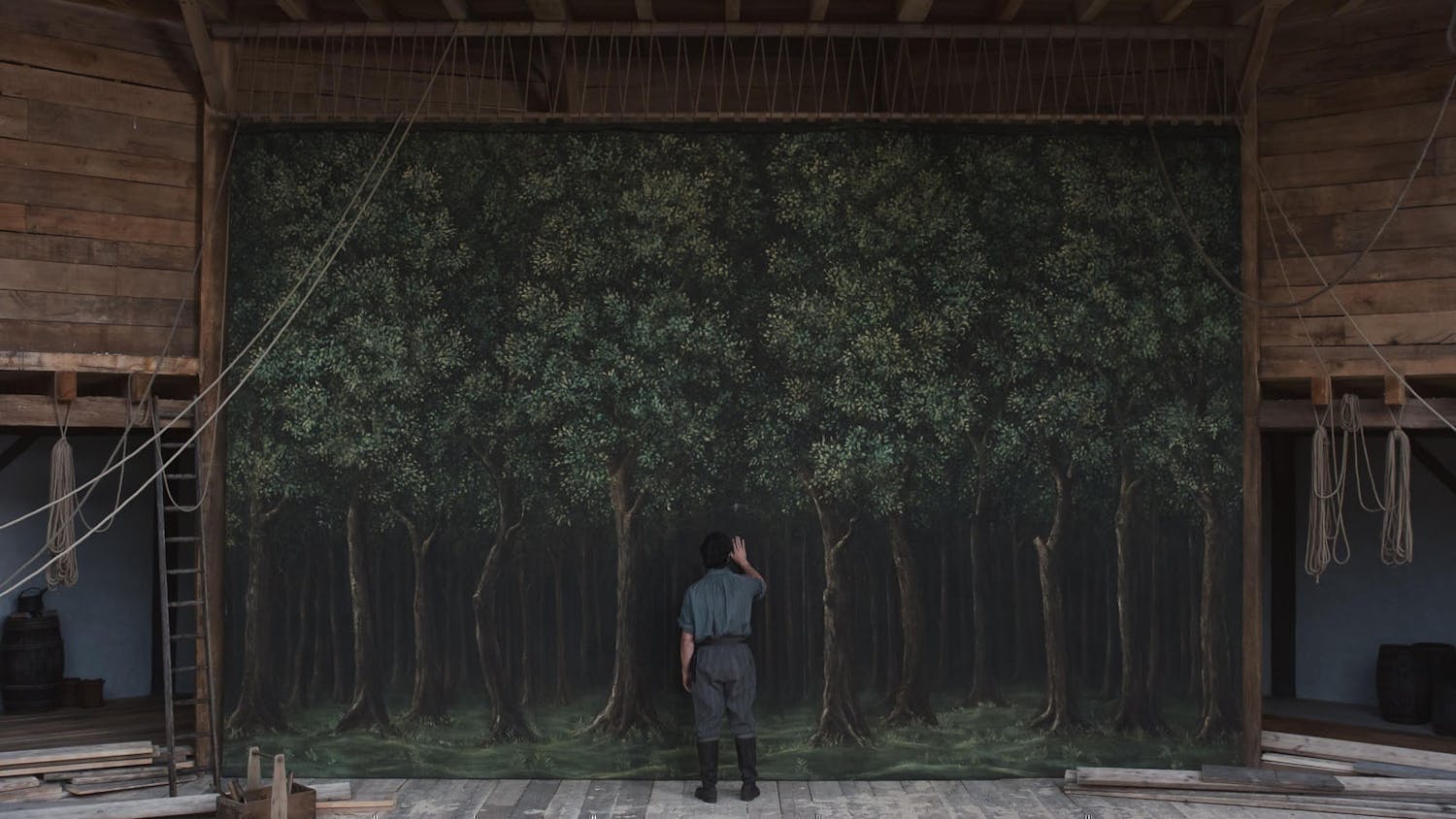A professor in the School of International Service published a report earlier this year about D.C.’s resilience in the fight for climate justice, gaining her national recognition in the media as well as other universities.
Professor Malini Ranganathan worked with former SIS professor Eve Bratman to “reimagine resilience through an abolitionist framework,” the report said. Their research focused on majority black and low-income areas in D.C. and takes a black radical, feminist and antiracist approach.
“The District is taking seriously these climate events, but we were concerned because we knew there were some very troubling historical inequalities in the District,” said Ranganathan. “We were wondering how much the city was taking into account these underlying vulnerabilities.”
The report, “From Urban Resilience to Abolitionist Climate Justice in Washington, D.C.,” says that a long history of injustice has led directly to the climate injustices that exist in the city today. Ranganathan found that the poorest sections of D.C. will be most impacted by climate change, and therefore “environmental justice goals should be about freedom and liberation.”
“The search for the ‘the environment as freedom’ must begin with acknowledging practices that rehumanise marginalised groups,” she wrote.
Ranganathan’s work gained her local media attention; she was a guest on WAMU’s Kojo Nnamdi Show and has been quoted in articles for the DCist. She also presented the report at national disciplinary conferences and was a guest speaker at the University of Michigan and University of California, Davis.
The bulk of her research was done in 2016 and 2017 after she received a $10,000 grant from the School of Public Affairs Metropolitan Policy Center. Focusing on Ward 7, Ranganathan and her research team conducted focus groups, interviews and household surveys. They also gathered oral histories and historical and archival research on the district’s inequalities from local libraries dating back to the 19th century.
“Her work is really about narratives, which resonate more with the public than numbers,” said Nathan Erwin, a graduate student in SIS and Ranganathan’s research assistant. “We always try to convince people with numbers, but no one cares about numbers. They’re impersonal. It’s better to have a personal story like what’s happening around the Anacostia to make people care.”
Ranganathan included her students in her research because she wanted them to understand economic inequalities in the District firsthand.
“For AU students who spend most of their time in Ward 3, there’s very little understanding about the kind of inequality across the Anacostia River,” she said. “So we wanted to use this as a teaching moment.”
Isobel Araujo, who graduated in 2018, was one of Ranganathan’s students who assisted with field research and survey analysis.
“It was one of the most valuable experiences I had at AU,” said Araujo, who was a sophomore at the time. “I got to see how professional researchers do their work. Most of my research experience beforehand was just observation, not interaction. It was great to see how that played out in real life.”
Ranganathan said that her work on climate abolitionism is not finished. She hopes to write a book on the subject that is more accessible to everyone, not just her peers in the field.
“As academics, we have a responsibility to not just keep our work behind journal paywalls and verified books that have a certain academic prestige but to really get at a public audience,” she said.
Ranganathan also hopes to build up the environmental thematic area of the Antiracist Research and Policy Center, where she is a faculty affiliate.
The Antiracist Research and Policy Center is an SIS research center that is supported by AU faculty and staff, comprised of scholars, policy experts, journalists and advocates that understand and solve issues of racial and inequity and justice, according to their website.
“As long as I’m a professor here, I’m committed to doing work in and on the District,” she said. “Especially in SIS, you risk becoming isolated from D.C. because everything is internationally focused, but D.C. is a really good case to look at in terms of environment, equity and health. It’s critical for faculty to expose students to issues here in their own backyard.”
This article originally appeared in The Eagle's December 2019 print edition.





